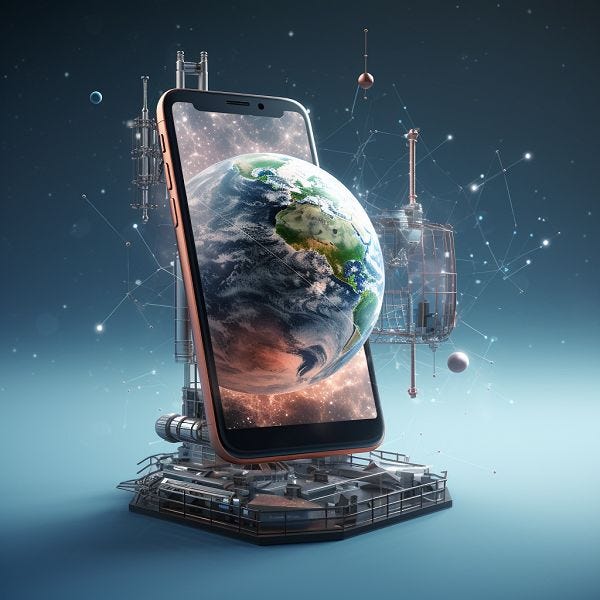Fifty years ago, the first handheld cellphone call marked the dawn of a new era. Today, our smartphones have become indispensable companions, reshaping not just our daily lives, but potentially our very brains. This digital revolution brings both promise and peril – are we unleashing untapped cognitive potential or rewiring ourselves for distraction?
The average American checks their phone a staggering 344 times daily – that’s once every four minutes. Our devices have become a Swiss Army knife for modern life: from banking and socializing to navigation and creative pursuits. But this convenience comes at a cost.
Studies reveal that even the mere presence of our phones can impact our cognitive abilities. Researchers found that participants performed significantly better on tasks when their phones were in another room, rather than nearby – even if out of sight. This “brain drain” effect suggests our minds are subconsciously working to resist the urge to check our devices, diverting precious mental resources.
The distractions are real and sometimes dangerous. Speaking on the phone while driving slows reaction times, while even hearing a notification “ding” can severely impair task performance. Our addiction to these devices seems to be hijacking our attention spans.
Yet, intriguingly, our smartphone dependence might not be all bad news for our minds. Recent research challenges the notion that relying on our phones is deteriorating our memory. In fact, it may be freeing up mental capacity for other information. One study found that when participants used digital reminders for high-value information, they were better able to remember low-value details they hadn’t written down.
The key to harnessing the benefits while mitigating the drawbacks may lie in our beliefs about willpower and cognition. Those who view the brain as having “unlimited” resources are less likely to suffer from depleted focus after resisting temptation. This mindset, which varies across cultures, could be a powerful tool in managing our relationship with technology.
As we navigate this brave new world of perpetual connectivity, the challenge is clear: can we train our brains to use these powerful tools without becoming slaves to them? The next chapter in human cognition is being written with every swipe and tap – it’s up to us to ensure it’s a story of empowerment rather than dependence.
By reframing our smartphone use as an opportunity to strengthen our mental resilience, we might just turn this digital distraction into a cognitive revolution. The pocket-sized marvels that have changed our world could be the key to unlocking new frontiers of human potential – if we learn to master them, rather than letting them master us.
